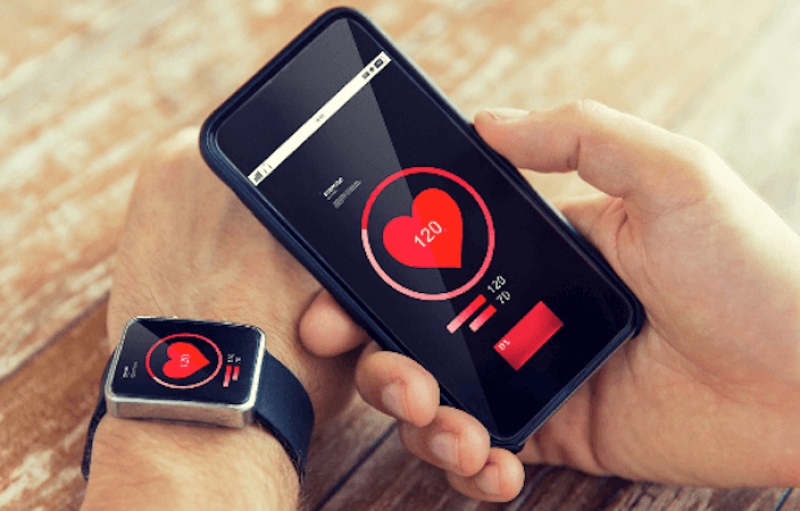Americans know they have a weight problem, too. Each year, consumers spend $33 billion on weight loss products and 45 million people go on diets — most of whom fail to keep the extra pounds off long term. The problem is compounded by ever-changing nutrition guidelines and unsustainable fad diets pushed by TV personalities, movie stars and internet health gurus — most unqualified to offer weight loss advice.
What can be done about this pressing public health issue? Among the proposed solutions, medical devices powered by artificial intelligence could help overweight and obese people customize diets based on their biomarkers. Biomarkers — measurements including blood sugar, cholesterol and blood pressure — are metrics that help doctors evaluate a patient’s risk of developing a disease and devising proper medical treatment.

Some companies already provide consumers with biomarker-based nutrition advice. San Francisco-based startup Habit offers a subscription-service that analyzes how people respond to carbohydrates, fat and protein and creates a diet suited to their needs. As our understanding of the human genome and individual physiological response to different nutrients improves, AI-powered devices could offer increasingly customized data based on an individual’s unique genetic makeup.
Mass collection of genetic data and the advance of artificial intelligence raises understandable privacy concerns among consumer advocates and regulators. As a result, stringent oversight from the US Food and Drug Administration (FDA) is one of the primary roadblocks to getting more personalized nutrition devices on the market. On this episode of Biotech Facts and Fallacies, economist Richard Williams joins GLP editor Cameron English to discuss the future of these AI-powered devices as one possible solution to the obesity epidemic.
Podcast: Play in new window | Download
Subscribe: RSS
Richard A. Williams, PhD, is an economist and author. He’s the chairman of the board for the Center for Truth in Science and on the advisory board to the Institute for the Advancement of Food and Nutrition Sciences. He served as the Chief Social Scientist at the FDA’s Center for Food Safety and Applied Nutrition for 27 years. Visit his website and follow him on LinkedIn
Cameron J. English is the GLP’s senior agricultural genetics and special projects editor. He co-hosts the Biotech Facts and Fallacies podcast. Follow him on Twitter @camjenglish
































